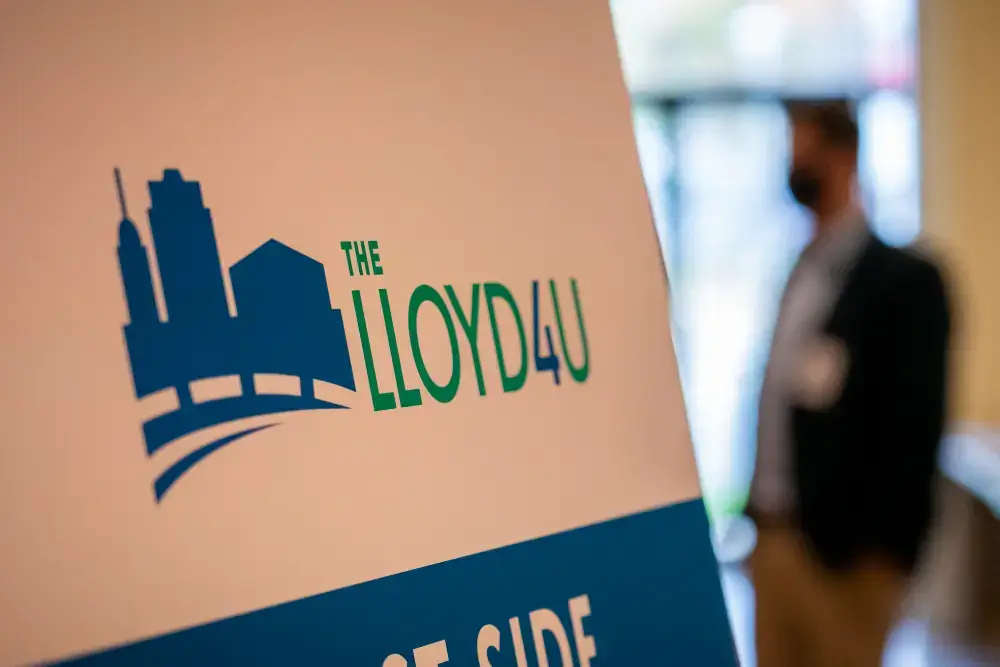When the final wedding took place Downton Abbey this week, the most popular show in PBS history closed – and so did its effort to explore people living in a time of rapid change. (The 1910s and 20s.) We also live in a time of rapid change. So we identified with these hapless characters as they struggled with new-fangled phones, or hair-dryers, or even swivel chairs.

But it’s not just “change” that Downton explores. It’s branding. Many people react with various degrees of shock, disdain, or despair at the notion of developing a “personal brand” – but the phenomenon existed before we had that phrase for it.
When the characters – the Crawley family and their servants – are wringing their hands about wearing the wrong level of formal wear to dinner or worrying about how it looks for the daughter of an earl to marry a chauffeur, we were horrified by the classism – and yet recognized the underlying question. What is the Crawley brand? (And wasn’t it a relief when it usually ended up being one of openness and compassion and a fledgling sense of equality?)
Today we live in a time when we may have more control than ever about how people perceive us. With blogs, social media, unprecedented access to video and photo editing – we have tools at our disposal the Crawleys could not imagine. (And don’t forget the tools they had that we still share. The Crawleys use a little media relations, for example, by making sure a photographer documents the Earl’s visit to a business that needs a boost in respectability.)
Whether you’re a nonprofit executive-director, the C.E.O. of a start-up, or the owner of a restaurant, you have the ability to shape your personal brand every day – and a responsibility to support your organization’s brand as well. Whether that brand is dynamic and lively, or thoughtful and data-driven – you have the opportunity and responsibility to re-enforce and amplify it.
It’s not something you should be ashamed of. It’s something you need to devote time and resources to – including getting professional advice when necessary. Whether you’re wooing a client, applying for a new job, or seeking media attention for your expanding restaurant business, the reputation you’ve created for yourself will someday be just as important – in its own way – as were the reputations of the Crawley daughters when they searched for husbands. (And easier to look up online!)




